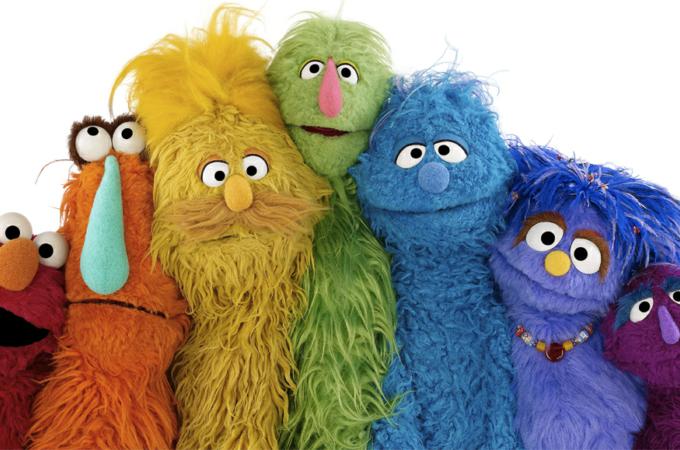The war on chastity
G.K. Chesterton got a lot of things right. Here's one: "The moment sex ceases to be a servant it becomes a tyrant." Evidence for the destructive consequences of tyrannical sex abounds in wrecked relationships, wrecked families, and wrecked lives.
But there's an alternative. The solution to the problem of sex run rampant lies in the cultivation and practice of chastity.
Sounds simple. But what do we see all around us today? The answer to that is no less simple: we see a bad situation that appears to be getting worse.
Fresh evidence for that depressing conclusion comes from a recent Gallup survey.
On ten issues on which Gallup has measured public attitudes for years--since 2001, in most cases--the level of public approval hit a new high in early May.
The issues include birth control (91% approval), sex between an unmarried man and woman (69%), gay or lesbian relations (63%), pregnancy outside marriage (62%), and pornography (36%).
Even polygamy registered a new high, though admittedly still pretty low--just 17%.
To a great extent, the explanation for numbers like these lies in the tyrannical dynamic of unfettered sex. Today, though, it also has another, important source--a complementary, ideologically driven campaign of opposition to traditional sexual morality. Not surprisingly, the Catholic Church is a prime target for this effort.
Here is a case in point.
Lately there has been a rather lively discussion of a book by Father James Martin, a Jesuit priest and writer, that calls on the Catholic Church to show "respect, compassion, and sensitivity" to the LGBT community. I haven't read the book--Building a Bridge is its title--but I agree entirely that LGBT people do deserve respect, compassion, and sensitivity. For Catholics, of course, that shouldn't be at the expense of compromised fidelity to the teaching of the Church.
That said, I cite (for the light it sheds on the campaign against the traditional teaching) a scathing review of Father Martin's book that appeared in the June 18 Washington Post. The reviewer is one Sally Kohn, whom the Post identifies as a CNN political commentator and who identifies herself as a lesbian.
Ripping into the volume, Ms. Kohn notes that the words "respect, compassion, and sensitivity" come from the Catechism of the Catholic Church. But, she adds, the Catechism also repeats the Church's time-honored disapproval of homosexual sex.
And that being so, she has no interest in receiving respect, compassion, and sensitivity from the Church. Instead, what she wants is for the Church to admit that it's wrong, and, following upon that admission, extend "full inclusion and equal dignity" to LGBT people who are "healthy, happy [and] sexually active."
Sally Kohn is hardly alone. Many other activists and would-be change agents of the sexual revolution say much the same thing.
Lately, it appears, even Sesame Street has joined this chorus, observing Gay Pride Month by tweeting a rainbow flag-style lineup of its characters together with assurances that "Sesame Street is proud to support families of all shapes, sizes, and colors." This, I take it, is a message the show now aims to communicate to its preschool audience.
Writing of the disastrous fallacy that underlies the endorsement of tyrannical sex, G.K. Chesterton calls happy talk about sex "being free like any other sense [and] the body being beautiful like any tree or flower...either a description of the Garden of Eden or a piece of thoroughly bad psychology."
Pretty clearly we aren't living in Eden now. Guess what that leaves.
- Russell Shaw is the author of more than twenty books. He is a consultor of the Pontifical Council for Social Communications and served as communications director for the U.S. Bishops.



















